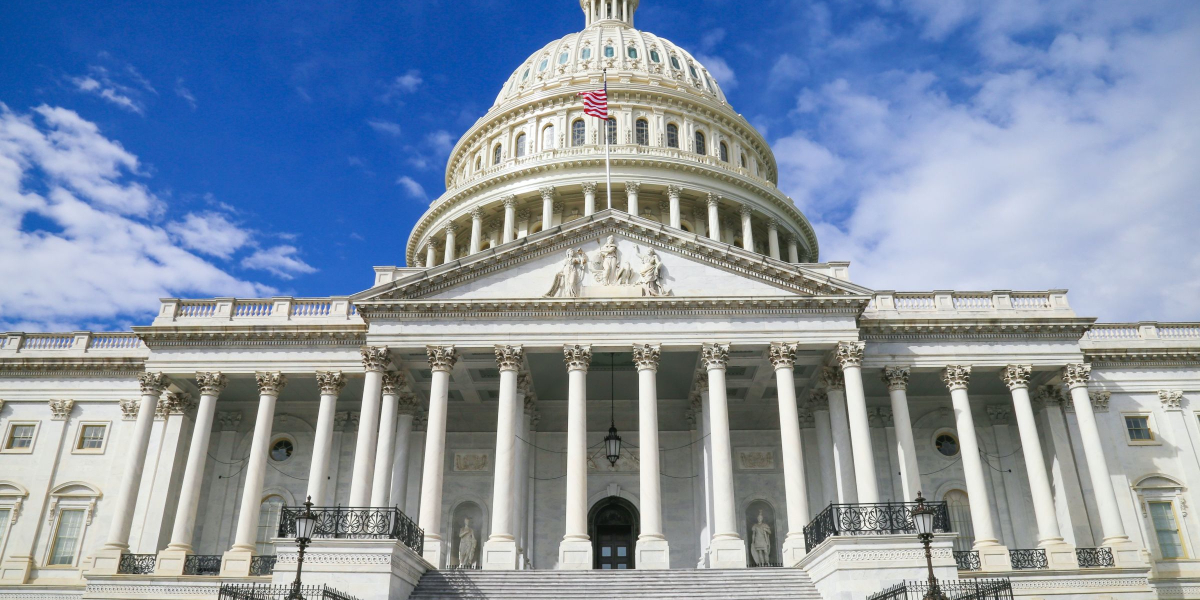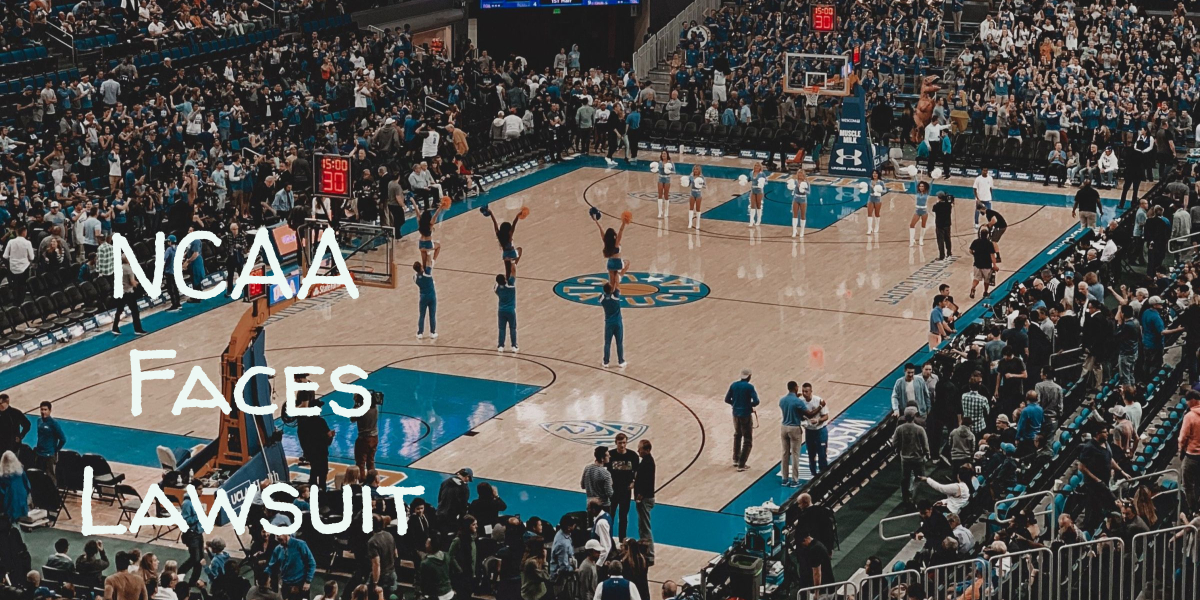A living will is a crucial legal document that outlines your healthcare preferences in the event you become incapacitated and unable to make medical decisions for yourself. It provides guidance to healthcare professionals and loved ones, ensuring your wishes are respected when you can no longer communicate them. While creating a living will is a vital step in proactive healthcare planning, many individuals wonder if they need an attorney’s assistance. We’ll explore who benefits from having an attorney assist with their living will.
- Clarity and Legal Expertise: One of the primary benefits of involving an attorney in the creation of your living will is their legal expertise. Attorneys understand the nuances of state-specific laws and regulations governing living wills, ensuring that your document is legally sound and compliant with local statutes. They can help you avoid potential pitfalls or legal complications that may arise if the document is not properly drafted.
- Customization: Living wills are not one-size-fits-all documents. They should reflect your unique values, preferences, and beliefs regarding healthcare decisions. An attorney can work closely with you to customize your living will, tailoring it to your specific wishes. Whether you want to address specific medical procedures, religious considerations, or other personal preferences, an attorney can help ensure your living will accurately represents your desires.
- Avoid Ambiguity: Ambiguity in a living will can lead to confusion and disputes among family members and healthcare providers. Attorneys are skilled in crafting precise language that leaves little room for interpretation. This can be especially important if your wishes involve complex medical scenarios or if you want to designate a healthcare proxy to make decisions on your behalf.
- Compliance with Changing Laws: Laws and regulations surrounding living wills may change over time. An attorney can help you stay up-to-date with legal requirements, ensuring that your living will remains valid and enforceable. They can also assist with updating your document if your preferences or circumstances change.
- Mediation and Conflict Resolution: In some cases, family members may disagree about the interpretation of a living will. Having an attorney involved can serve as a neutral mediator to help resolve disputes. They can provide legal guidance and ensure that the document is followed as intended, reducing the emotional strain on your loved ones during a difficult time.
- Peace of Mind: Creating a living will is an emotionally charged process, as it requires contemplating end-of-life decisions. Having an attorney by your side can provide peace of mind, knowing that your document is legally sound and that your wishes will be upheld. This can alleviate stress and anxiety associated with end-of-life planning.
While it is possible to create a living will without an attorney, having legal assistance can greatly benefit individuals who want to ensure that their wishes are accurately documented, legally binding, and compliant with relevant laws. The expertise of an attorney can help avoid potential pitfalls, minimize ambiguity, and provide peace of mind to both you and your loved ones. By involving an attorney in the creation of your living will, you can be confident that your healthcare decisions will be respected when you need it most.











